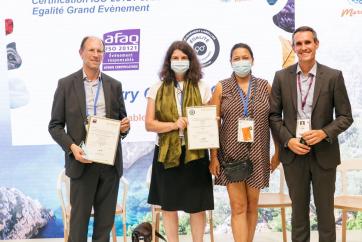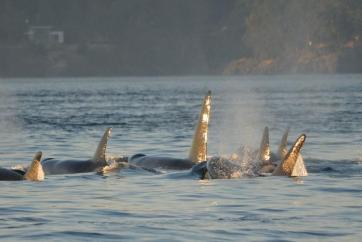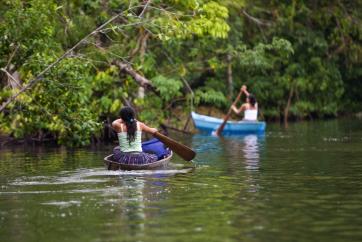|
🗓️ 3-11 SEPTEMBER 2021 |
Register for in-personRegister for virtual |
Challenges to the rights and the equitable access to natural resources are multifarious. Social, financial and political equity must be increased, while at the same time, the marginalisation and disempowerment of groups or individuals reversed. Half of the world’s inhabitants – women – still do not have access to the same status, protection and opportunities as the other half. Decision-making and representation continue to be unbalanced. How can we improve engagement and representation of women, youth, indigenous people and other underrepresented groups in all governance-related issues? What avenues can be explored to guarantee access to opportunities for all? What are the biases that must still be debunked?
Equitable and effective governance requires the implementation of inclusive decision-making, as well as respect for cultural values and traditional knowledge. How can the roles and contributions of indigenous peoples and local communities be further reinforced? What are the missing pieces of governance that could help reduce tensions linked to conflicting interests around natural resources, and ensure more integrated approaches to knowledge sharing and implementation?
The environmental rule of law – including the obligation to protect nature, the rights of nature and the right to nature – will continue to be debated and strengthened. What new principles and instruments are needed in international environmental law? How can the world enforce the current legal regime, to more effectively root out the illegal trade in wildlife, protect environmental defenders and ensure non-regression?






